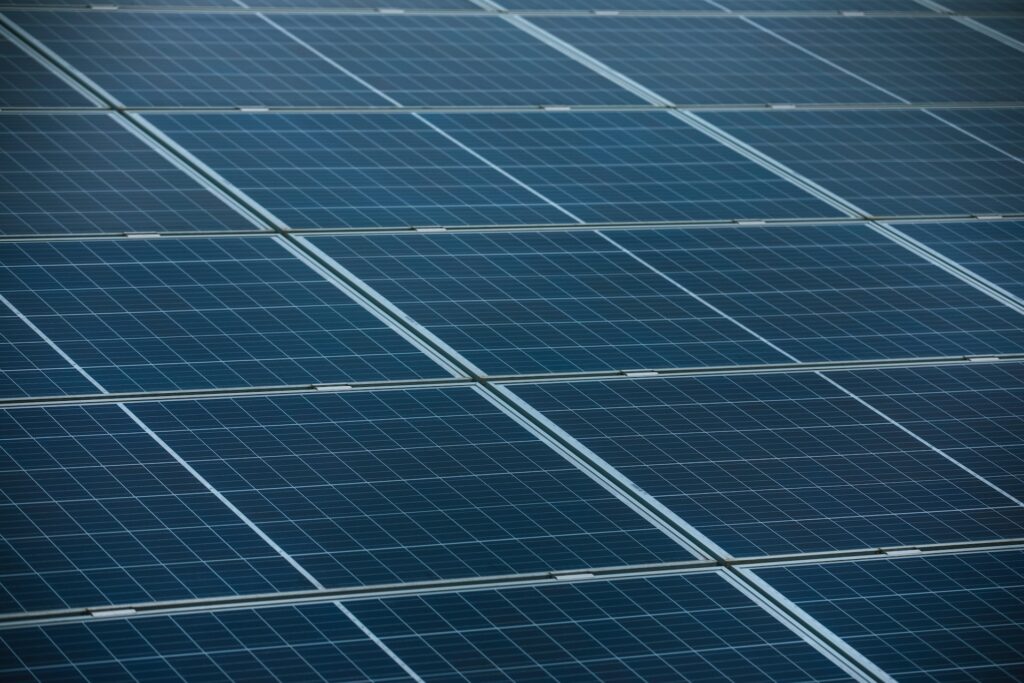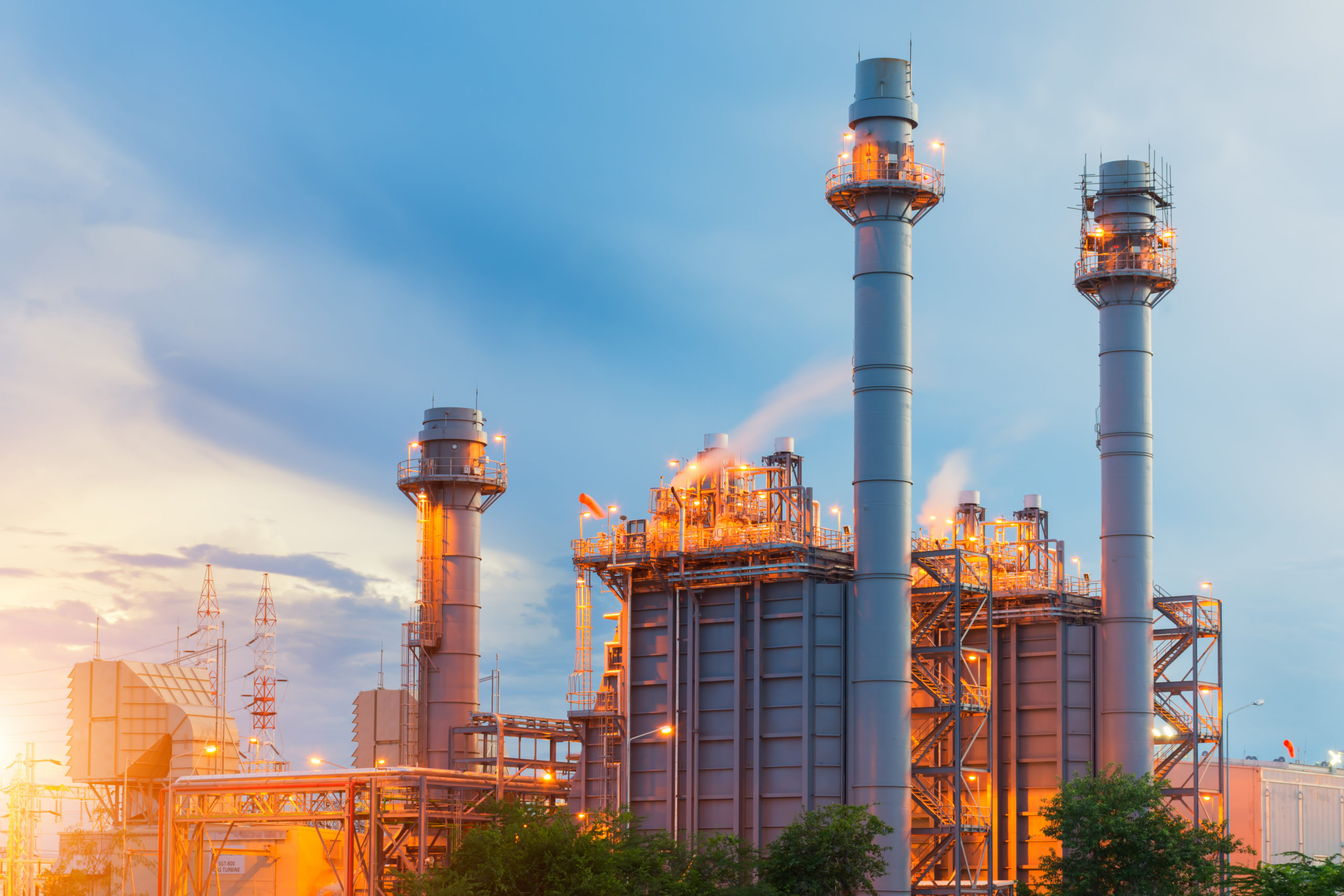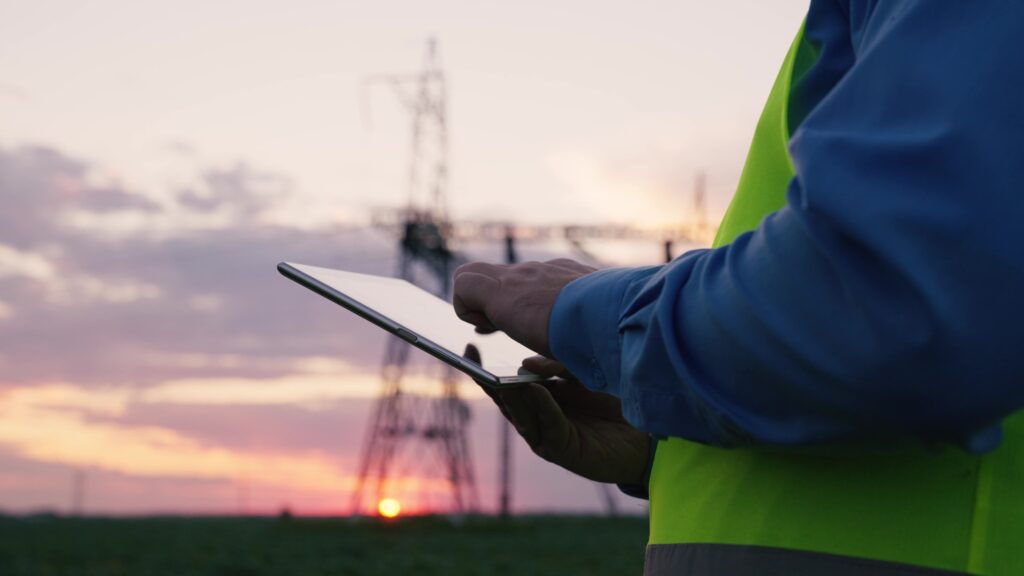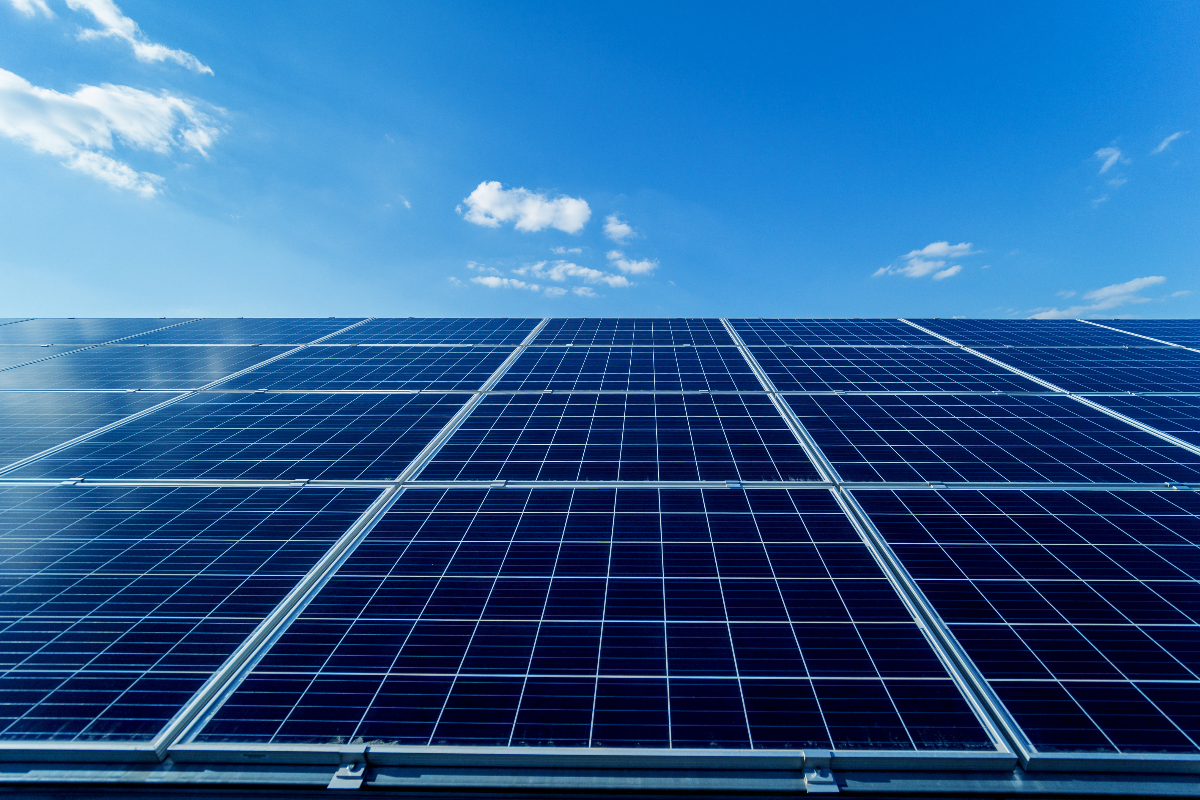NEWS
Business Solar Panels

As energy prices continue to rise in the UK due to the shortage of gas supplied by Russia, solar panels have once again become a hot topic with people and businesses looking to save money. In this blog we are going to take a look at solar panels and whether they’re a good investment for businesses in today’s market.
How do solar panels work?
If we could harness 100% of the sun’s energy for a single hour, we would have enough energy to power the entire world for a year. Solar panels are the key to harnessing this endless power source but how do they actually work? Solar panels are made with photovoltaic (PV) cells which consist of two layers of silicon, one layer is positively charged and the other negatively charged which results in an electric field. When the solar panels absorb sun light the photons within the light energise the negatively charged electrons in the silicon which are then attracted to the positively charged layer. Once the electrons have been collected by the positively charged layer, they are passed through conducting mental plates that transports this energy from the solar cell into a circuit where they can be used as electricity. Solar panels first generate direct current (DC) electricity so this is often cycled through an inverter, which will change direct current to alternating current (AC) as AC is used more widely. Once the energy has been created it can be used to power multiple appliances, cars, or buildings. The energy can also be stored within batteries or sold back to the grid.
Are solar panels suitable for businesses?
Solar power can be a great investment for businesses as it is the most reliable renewable energy source. They have also seen a massive drop in price recently with panels today costing 70% less than they were 10 years ago. Most businesses are active in the daytime, which means they are the perfect candidates for utilising solar panels, but as you would expect they are most productive between April and September, when days are longer, and the panels are exposed to more sunlight. However, this doesn’t mean your solar panels wont produce energy in the winter months or when the sky is cloudy, this just means you should reduce your reliance on solar during these off-peak periods.
How much do solar panels cost?
On average the cost of solar panels for SMEs in the UK is currently between £16,000 to £70,000. The number of solar panels a business needs depends on multiple factors, mainly the business premises size and energy consumption. The location of your business can also be a factor when working out sunlight exposure and therefore the amount of energy you will produce.
To identify how much energy your business consumes you can look at your utility bill which will state your kW consumption each month. Average UK SMEs consume between 30,000 to 50,000 kWh each year and as a rule of thumb you can expect to pay £1,000 + VAT for every kW. What does that look like?

How much will I save?
Due to current volatility in the energy market its difficult to calculate an exact number your business will save. Currently an average out of contract unit rate will cost around 90p per kWh, with this figure and an assumed consumption of 40,000kWh you could be saving up to £36,000 a year. An in-contract rate is currently looking around 60p per kWh, with the same consumption of 40,000kWh your business could save up to £24,000 per annum.
Payback period
Again, due to the unpredictable energy market there is no exact date for a payback period. However, with the current cost of energy here in the UK you could reasonably expect to achieve your payback figure within a couple of years.To learn more about the price cap for businesses give us a call on 0115 648 5655 and our experts can help.
How long do solar panel last?
Modern solar panels last on average 25 to 30 years. Solar panels don’t require much maintenance, but we recommend a yearly maintenance check to ensure your panels are working efficiently or need cleaning, and tests to ensure any faults or drops in power generations are resolved quickly and don’t go left unnoticed.
Should I use batteries?
Batteries are a great way for your business to store power created by solar panels. With a battery installed your business will be able to save any excess power that can be used at a later date, further increasing your energy efficiency, and saving more money. Batteries can be a great way to ensure your business uses 100% renewable energy during periods of low sunlight exposure.
What is the impact on CO2
Solar panels will pay back its energy and carbon production cost within the space of one or two years. On average 1kWh of energy created in the UK using fossil fuels produces 0.19kg of CO2, this means a business that 40,000kWh a year would be saving 7.6 tonnes of CO2.
“Compared with electricity from coal, PV electricity over its lifetime uses 86 to 89% less water, occupies or transforms over 80% less land, presents approximately 95% lower toxicity to humans, contributes 92 to 97% less to acid rain, and 97 to 98% less to marine eutrophication.”
Carol Olson, researcher at the Energy Research Centre in the Netherlands, New York Times.
As always Flame Energy can aid your business in the process of solar panel installation and offer expert advice on how to get the most out of solar power and green energy.




